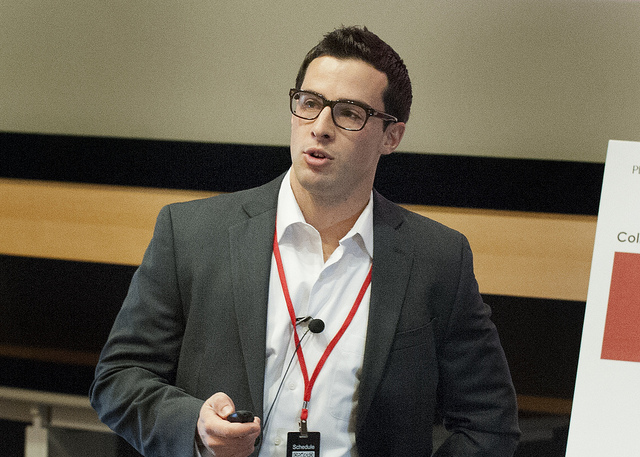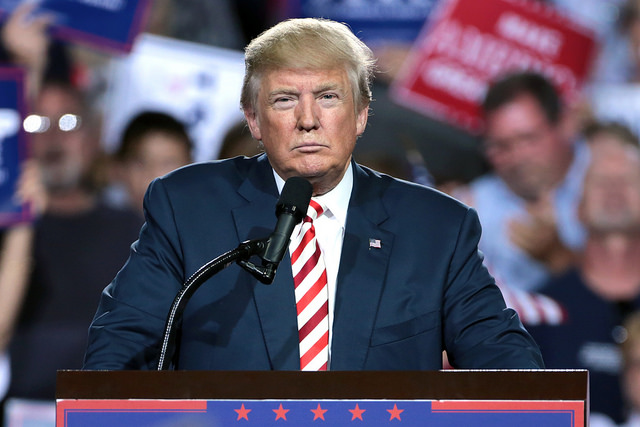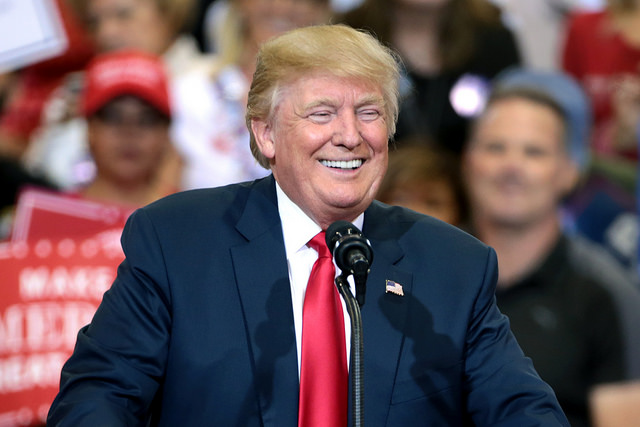
Great News! Today, USCIS announced that the computer-generated selection process has been completed to select the H-1B petitions necessary to fulfill both the general cap and master’s cap for this H-1B season. The randomized lottery was completed yesterday April 11, 2018.
This H-1B season, USCIS received 190,098 H-1B petitions for Fiscal Year 2019 during the filing period that began on April 2nd. During Fiscal Year 2018, USCIS received 199,000 H-1B petitions during the filing period and completed the randomized lottery on the same day (April 11th).
USCIS will now begin the process of rejecting and returning all petitions that were not selected during the randomized lottery. As in previous years, USCIS completed the selection process for the master’s cap first, and all unselected master’s cap petitions were then placed in the random selection process for the general cap, giving master’s cap applicants a greater chance of being selected. In previous years, our office began to receive rejection notices for applicants that were not selected from mid to late June.
 Visa Lawyer Blog
Visa Lawyer Blog












